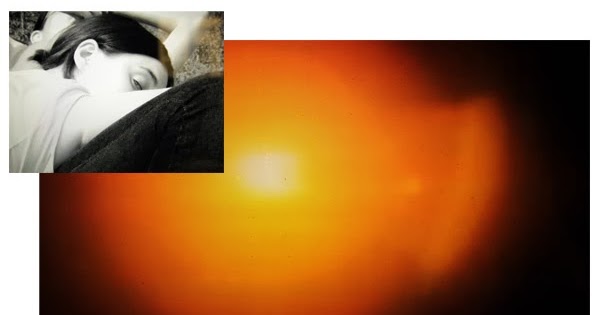All images © Alberto Feijoo
1000 Words Associate editor Brad Feuerhelm is gripped by Alberto Feijoo’s self-published photo book, Something we used to know, a mash up of lost moments from music concerts running parallel to an examination of the photographer’s own roots in Spain.
Alberto Feijoo’s Something we used to know is a quiet gem of a book, bent on the precipice of solitude wherein the divide of screen-based memory and empire of collated events from late 90’s to the early noughties collide.
Comprising pixellated, stepped, and glitched images of youth culture in wild throes, music concerts are revisited via DVD rips and images made from grabbing reconciled YouTube clips of the crowds at these events. All are awash in a sombre palette of colour hinting at the coppery smell of blood or an air of violence when wires get crossed at uncomfortable intervals. There’s a palpable sense of nostalgia too, but one slightly askew, as if forced into a colander and the remnants from the sieve are mashed into one idea of a memory of the time and place where scores of people shared a perception of an experience. Orphaned images, orphaned lives are appropriated for our collective familiarisation, and within this disequilibrium we conjure meta-memories fecund with what photography had previously presented us in material form.
Thinking ‘Was I there? I remember being there, but this face here in the crowd…its distortion…its dragged features…Could this have been me? It looks like me…I had that Nailbomb shirt’ and yet with a shaky hand I fondle the same shirt and I can attach no transference to it and the monster on the screen. This is the meme of self-given birth to the next meme of self, desperate for a “real” genetic disposition for the flesh that fingers its image from the console of the computer. Concrete matters dissolve into utopian super memory which collapses upon itself when applied to the representation we desperately seek through the locus of photographic image.
That said, the Spanish photographer’s book is not all fodder for woe in terms of its content. There are very soft interludes of images that we can only presume are taken by Feijoo himself. Delicate still lifes in abject surroundings, such as oranges left to rot on discarded and soiled mattresses found in alleyways are interspersed with portraits – more lyrical fragments of friends, people collected, impressions even. They stand as sentimental bastions of memory for the author, his culture, the good life and currently his life under the economic collapse of his country. They represent the boom, the bust, and the lust for looking back to the golden days of untroubled youth.
There is almost a passive sublime in the work although it is achieved through the depiction of people as opposed to landscape – not a Friedrich-type sublime, but rather oracles of the personal divine found in the slow burn of change through descent. As such, this is a book full of disquiet. Yet the disquiet that is found here is asking more questions of our recent past, its interpretations and the way in which we will navigate our troubled futures.



